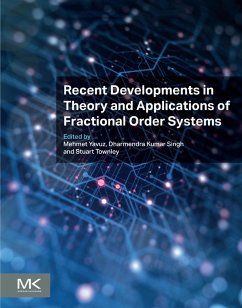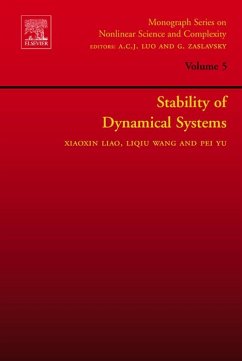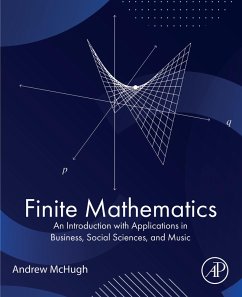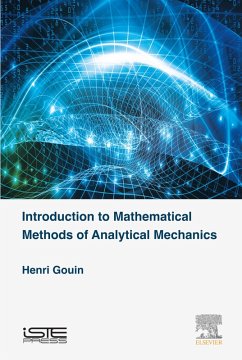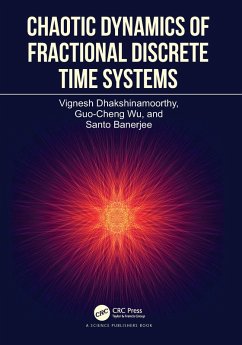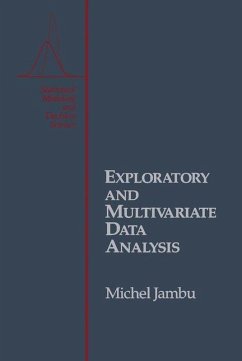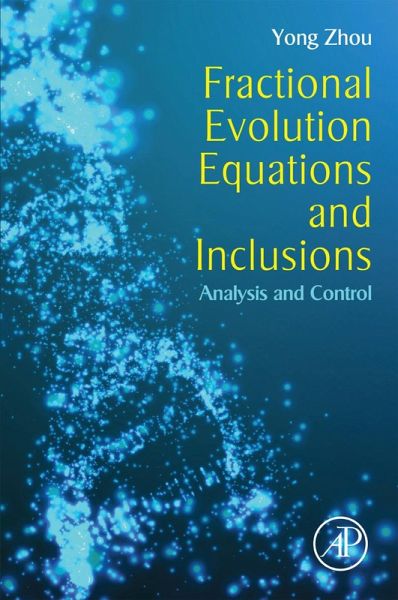
Fractional Evolution Equations and Inclusions (eBook, ePUB)
Analysis and Control
Versandkostenfrei!
Sofort per Download lieferbar
52,95 €
inkl. MwSt.
Weitere Ausgaben:

PAYBACK Punkte
26 °P sammeln!
Fractional evolution inclusions are an important form of differential inclusions within nonlinear mathematical analysis. They are generalizations of the much more widely developed fractional evolution equations (such as time-fractional diffusion equations) seen through the lens of multivariate analysis. Compared to fractional evolution equations, research on the theory of fractional differential inclusions is however only in its initial stage of development. This is important because differential models with the fractional derivative providing an excellent instrument for the description of mem...
Fractional evolution inclusions are an important form of differential inclusions within nonlinear mathematical analysis. They are generalizations of the much more widely developed fractional evolution equations (such as time-fractional diffusion equations) seen through the lens of multivariate analysis. Compared to fractional evolution equations, research on the theory of fractional differential inclusions is however only in its initial stage of development. This is important because differential models with the fractional derivative providing an excellent instrument for the description of memory and hereditary properties, and have recently been proved valuable tools in the modeling of many physical phenomena. The fractional order models of real systems are always more adequate than the classical integer order models, since the description of some systems is more accurate when the fractional derivative is used. The advantages of fractional derivatization become evident in modeling mechanical and electrical properties of real materials, description of rheological properties of rocks and in various other fields. Such models are interesting for engineers and physicists as well as so-called pure mathematicians. Phenomena investigated in hybrid systems with dry friction, processes of controlled heat transfer, obstacle problems and others can be described with the help of various differential inclusions, both linear and nonlinear. Fractional Evolution Equations and Inclusions is devoted to a rapidly developing area of the research for fractional evolution equations & inclusions and their applications to control theory. It studies Cauchy problems for fractional evolution equations, and fractional evolution inclusions with Hille-Yosida operators. It discusses control problems for systems governed by fractional evolution equations. Finally it provides an investigation of fractional stochastic evolution inclusions in Hilbert spaces. - Systematic analysis of existence theory and topological structure of solution sets for fractional evolution inclusions and control systems - Differential models with fractional derivative provide an excellent instrument for the description of memory and hereditary properties, and their description and working will provide valuable insights into the modelling of many physical phenomena suitable for engineers and physicists - The book provides the necessary background material required to go further into the subject and explore the rich research literature
Dieser Download kann aus rechtlichen Gründen nur mit Rechnungsadresse in A, B, BG, CY, CZ, D, DK, EW, E, FIN, F, GR, HR, H, IRL, I, LT, L, LR, M, NL, PL, P, R, S, SLO, SK ausgeliefert werden.






